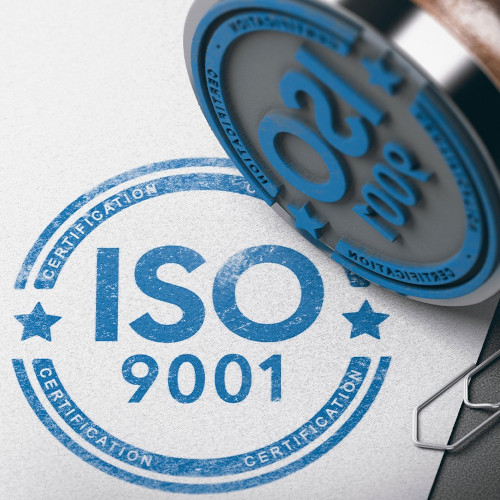In Ireland, the market of manufacturing suppliers is predicted to have a market volume of $7.7bn by 2029. This impressive figure will bolster the position that Irish producers have within global markets.
At CMP Solutions, we believe that in order for this to become a reality, focused attention should be given to ensuring quality systems comply with manufacturing standards. This is a form of business transformation that ensures best practices are implemented leading to desirable outcomes for manufacturers from all sectors.
Why Is It Important for Quality Systems to Align With Manufacturing Standards?
A Quality Management System, otherwise known as a QMS, consists of a set of processes and responsibilities which formalise how operations should run. Within manufacturing, a QMS plays an important role as they ensure legal standards are being met. Additionally, factors such as customer happiness, financial efficiency, staff safety, and alignment with strategic goals are also covered.
Overall, quality within manufacturing ensures businesses can grow as they intend thanks to a foundation of solid products and reliable outputs. Another important aspect of a QMS within manufacturing is reducing waste. Waste covers both the unnecessary inefficiencies that hinder business productivity and the more literal, physical waste that must be minimised to align with the Irish government's goals to reduce the amount of waste produced across the country.
Methods of Using Quality Systems to Support Manufacturing Standards
There are a number of ways that manufacturing organisations can use quality systems to improve their operations. The key here is implementing processes that ensure quality and cost work together (i.e. implementing a QMS should bring a financial benefit rather than a cost to the organisation).
Some methods of adopting positive quality procedures include:
- Planning regular audits and working with a structured set of KPIs - This is essential for measuring performance and also ensuring compliance with defined best practice as a way to keep manufacturing standards at a high level.
- Integrating processes and systems to enable real-time monitoring of performance. This ensures that quality can be maintained on a job-by-job basis to keep things running smoothly. Managing tasks in this way also allows teams to work together more collaboratively, opens up opportunities for scaling and ensures data is available for analysis when looking to make changes or measure success.
- Implementing quality systems into the culture of a company - For QMS markers to make an impact within a manufacturing business, all stakeholders must be aligned. This means documenting and regularly updating all processes to ensure everyone can work as intended.
Quality Management Services From CMP Solutions
Understanding why quality management systems are important for manufacturing standards is part of the battle. However, the main challenges often arise when companies look to implement these structures.
For optimal success to be achieved, quality standards should work for the business in question. This means ensuring that factors unique to the production type have been catered to. This is something we can help your business achieve.
Learn about our QMS services, which help manufacturing companies achieve compliance with a set of criteria that are ideal for elevating outputs and improving performance.





